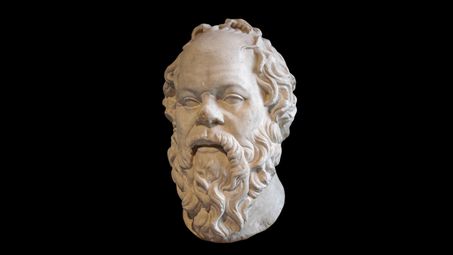
What else can I help you with?
What is another term for elementary education?
Primary education is another term for elementary education. It refers to the initial stage of formal education that typically includes students in grades one through five or six, depending on the educational system.
What are the seven major contributions of Black Studies?
one-contribution to humanity's understanding itself two-contribution to U.S society's understanding of itself three-contribution to the university's realization of its claim and challenge to teach the whole truth four-contribution to the rescue and reconstruction of Black history and humanity five-contribution to a new social science six-contribution to the development of socially conscious Black scholars and professional group seven-contribution to the critique, resistance, and reversal of the progressive Europeanization of human consciousness and culture Hope this helps :)
What are five learning areas?
Five learning areas are: language and literacy, mathematics, science, social studies, and the arts. These areas are commonly addressed in educational curricula to promote a well-rounded education for students.
What are the five modern philosophical orientations to teaching?
Perennialism emphasizes the importance of teaching universal truths and enduring knowledge. Progressivism focuses on hands-on learning, critical thinking, and experiential education. Essentialism advocates for a core curriculum of essential knowledge and skills. Existentialism emphasizes individuality, freedom, and self-fulfillment in education. Constructivism posits that learning is an active process where individuals construct their own understanding and knowledge.
What is the education system of Uzbekistan?
According to the 2007 Country Profile within the Library of Congress, Federal Research Division, "Eleven years of primary and secondary education are obligatory, starting at age seven. This requirement includes four years of primary school and two cycles of secondary school, lasting five and two years, respectively." Also, "Private schools have been forbidden since the establishment of Islamic fundamentalist (Wahhabi) schools in the early 1990s..." and "...bribes often are necessary to ensure success and advancement in universities." There is also an option of preschool education, though "...registration has decreased significantly since 1991."
What is five in Roman numerals?
five in the roman numerals is "V"
What does five look like in roman numerals?
The equivalent of 5 as a Roman numeral is V
What is the roman numeral for the number five?
I believe is "V"
How do you say five in roman numerals?
Five = V
What letter five hundred in Roman numerals?
Five hundred in Roman numerals is the letter D.
Local biologist and their contributions in science?
what are the five local biologist and there contribution
How is four in the middle of five?
fIVe, the roman numeral for four.
What is five in roman number?
The letter 'V' is the roman numeral for '5'.
What is the Roman number for five?
Answer 5 Roman numeral v
What is a five in roman number?
V
What is the Roman Numeral of five?
V
What is five as a roman numeral?
The number 5 written as a roman numeral is V.
